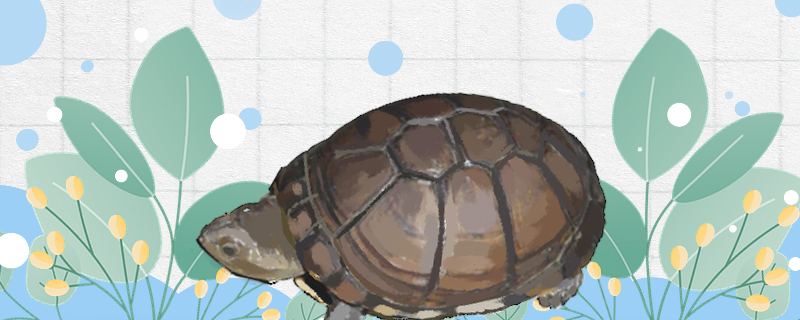
The East African side-necked turtle is moderately sized. Although not particularly large, they still need some space to move around, so a very important task in captivity is to provide them with enough space to move around. Moreover, the layout of the space environment should be a combination of land and water, because the East African side-neck turtle can not stay in the water all the time, and some of its activities need to be carried out on land, so the land area is very important.
The East African side-necked turtle is an omnivorous turtle, and all kinds of food can be eaten. When feeding them, pay attention to meat and vegetarian food. The main meat is fish, shrimp, shellfish, insects, etc. Vegetarian is the home of vegetables or aquatic plants. Usually you can also feed some calcium tablets properly, which is helpful to their growth. It is best to feed them at a fixed time, which helps their digestion.
East Africa side neck to bask in the sun is very demanding, it is best to let them bask in the sun every day. For convenience, you can place a drying table in their living environment, so that they can climb up directly to dry in the sun, which is more convenient. Sometimes natural light is not enough, at this time, artificial light can be used to supplement it appropriately.
East African side-necked turtles belong to a group of semi-aquatic turtles, and their own drought tolerance is very good, so the water level does not need to be too high when breeding them. Generally speaking, it is OK not to cross their back.
Ensuring water quality is also an important task. If the East African side-neck turtle lives in very dirty water conditions, it will threaten their health. Therefore, a filter can be placed in the water, or the water can be changed regularly.
When breeding this kind of tortoise, it is recommended not to mix with other tortoise species, otherwise it is not easy to control the environment in the process of breeding.